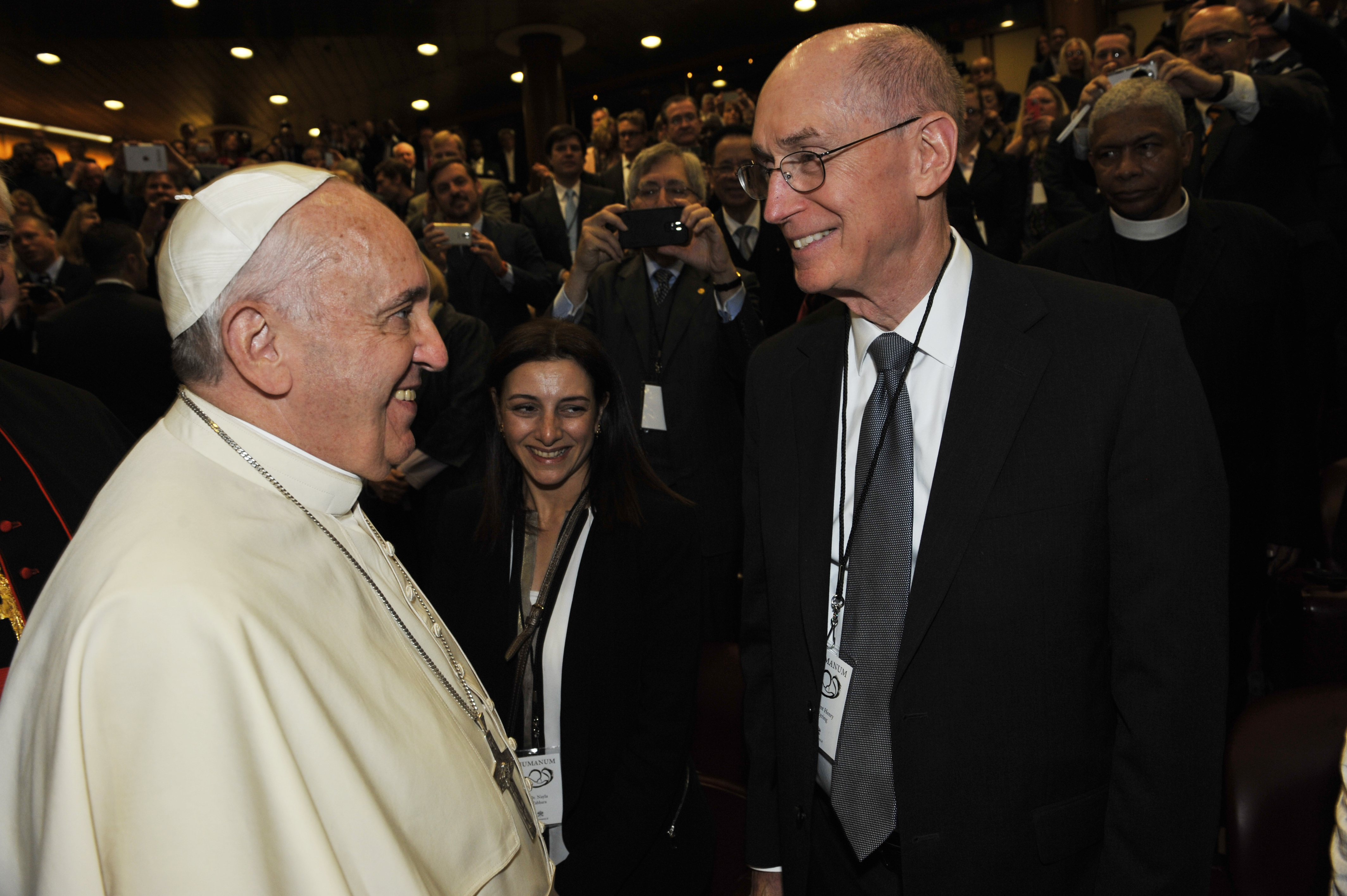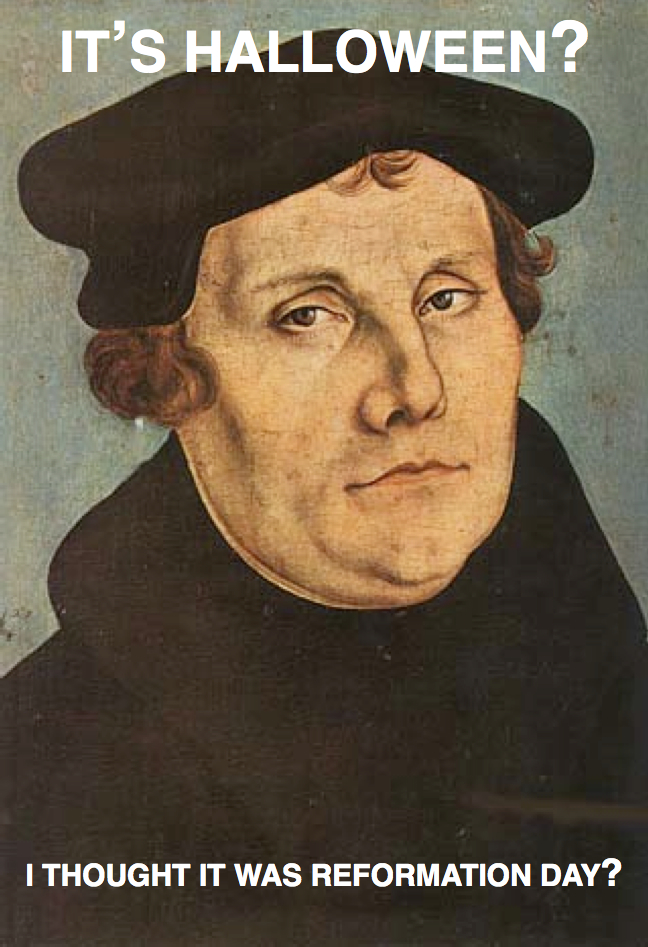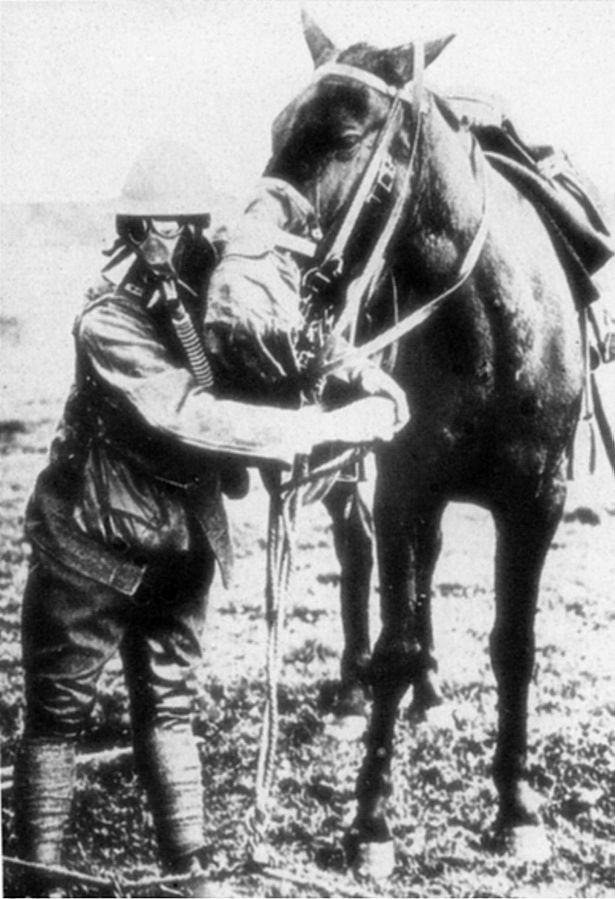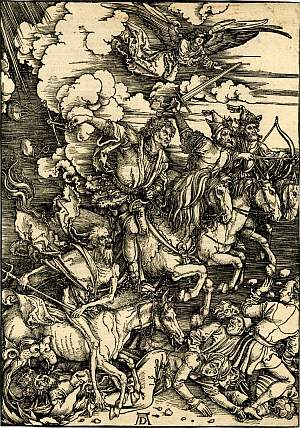-
•
•
3 responses
And now we hear from Joe Spencer: Read More
-
•
•
15 responses
Today’s entry was written by Grant Hardy: Read More
-
•
•
16 responses

You can read the transcript here; two quick thoughts: Read More
-
•
•
5 responses

I think I’ve kvetched before about how hard it is to plan meaningful FHEs with older kids. Read More
-
•
•
3 responses
This entry is a bit different because it is a sample assignment for one day, not a complete syllabus. Read More
-
•
•
11 responses
Our next entry comes from Matt W. (see the first post and explanation here). Read More
-
•
•
8 responses

You probably think the title is a joke or some nice irony or a typo. It is not. It is not even a feminist manifesto about reclaiming my “voice.” This really is a story about me re-learning to yell. I used to yell. No problem. All I needed was a slight provocation Read More
-
•
•
21 responses
One big change resulting from the new CES and BYU Religious Ed curriculum will be that, instead of two classes on the Book of Mormon, now only one will be required; here is its description: Read More
-
•
•
3 responses
Readers may be interested in a recent episode of the “Research on Religion Podcast,” featuring Quin Monson (BYU) and Dave Campbell (Notre Dame) discussing their new book Seeking the Promised Land: Mormons and American Politics (also co-authored with John C. Green). The book is the first full length study by professional political scientists of the place of Mormons in contemporary American politics. Scholarly discussions of Mormonism tend to be dominated by those trained either as historians or else (more recently) in religious studies. The work of Monson, Campbell, and Green is important because it brings in a bit more disciplinary… Read More
-
•
•
14 responses
I have a few things in my way before being able to work full-time on Genesis 1– a recalcitrant article draft, some travel, volunteer work, etc. In the meantime, I’m making slow but good progress. I’m beginning to suspect the most important parts of the book will be the first two sections dealing with groundwork/assumptions and LDS entanglements with Genesis, not the last two sections on the ancient Near Eastern context or the text/translation itself. I’m interested in a lot of things that are secondary or tertiary to the main thrust of the book, such as the history of biblical interpretation,… Read More
-
•
•
6 responses
I just put up an essay at the Social Science Research Network (SSRN) that readers of this blog might find interesting. It’s a response to some of Hugh Nibley’s writings on Zion and commerce. Nibley was famously critical of the mercantile ethic, arguing that trade and capitalism were fundamentally hostile to the ideal of Zion. This essay takes a more optimistic view of commerce, drawing on the ideas eighteenth-century thinkers like Montesquieu, who saw in the rise of markets a fundamentally pro-social force with the potential to limit violence and conflict. I’ll let readers judge the ultimate merits of my… Read More
-
•
•
32 responses

Last month, my friend Betsy VanDenBerghe wrote a piece for Real Clear Religion inspired alternately by Pope Francis and the Coen brothers’ 1987 comedy Raising Arizona about Why Children Are Better Than Pets. Her central question was: What would a society of adults skewed toward childlessness, like the perpetually barren Time magazine beach couple, look and act like without having acquired the altruism, personal growth, and wisdom that bringing up children generally bequeaths on those who undergo parenthood? Her piece really resonated with me. My life has not gone at all as planned over the last several years. Without going into any… Read More
-
•
•
4 responses
The Second Annual Summer Seminar on Mormon Theology “Christ and Antichrist: Reading Jacob 7” Union Theological Seminary, New York, New York June 8—June 20, 2015 Read More
-
•
•
5 responses
Between the new polygamy essays at LDS.org and the new religion curriculum at the BYUs, there has been a lot to argue about this week. Let’s try something a little friendlier: The Mormon History Association’s Tanner Lectures: The First Twenty Years (U. of Illinois Press, 2006). It has been on my shelf a couple of years now. I recently pulled it down as part of my new plan to actually read the LDS books that I buy. The book contains 21 articles, all variations on “Mormonism and X” but all terribly interesting. That template derives from MHA’s format for the… Read More
-
•
•
42 responses
Q. Are you an apologist or neo-apologist? A. No, I’m just a philosopher. Others have said I’m an apologist, but I’ve never been interested in apologetics. Mormonism can stand on its own two feet and it doesn’t need me to defend it. Read More
-
•
•
39 responses
After several days of rampant speculation and gnashing of teeth (here, here, here, and here) the new BYU religion core has been officially announced at LDS.org. Read More
-
•
•
24 responses

For some reason, kids in my neighborhood don’t celebrate Halloween: they do Reformation Day instead. Right around 5, the little tikes start pounding on doors, dressed as characters of the Reformation and absolutely clamoring for people to tell them more about the big event. Read More
-
•
•
95 responses

Let me share a friend’s story; it won’t be new to you. He was raised in the church, did all the things, went on a mission, blah blah blah, and in his 30s, heard for the first time that Joseph Smith translated the Book of Mormon by looking at a stone in a hat. Read More
-
•
•
20 responses
My position is a weak one. But the question is: why? Read More
-
•
•
15 responses
As I’ve stopped hyperventilating over the leak of this forthcoming change, I’ve had some thoughts. I have a general rule when I’m in Gospel Doctrine that I try not to say anything unless it’s constructive (or the teacher says something really flagrantly crazy/wrong, which is rare in my experience.) Let me open with this positiveness, then. BYU’s RelEd has some fantastic people, some new hires, and good things happening. I’ll single out the Advanced Book of Mormon class. The two Fall 2014 sections are not the first time this class has been taught. The two “regular” Book of Mormon classes are prerequisites, the syllabi I’ve… Read More
-
•
•
106 responses
It’s important to keep our tough questions about Mormonism in perspective. And, especially, we need to keep the genuinely urgent questions front and center. The big problems are straightforward. We’re dying here. You and I. We’re getting sick, we’re getting old, and we’re dying. Our lives are small and our time is short. Our days are filled with suffering of all kinds: distress, worry, boredom, frustration, and loss. Read More
-
•
•
84 responses
According to this letter posted on William Hamblin’s blog, big changes are afoot. Read More
-
•
•
9 responses

In Understanding the Book of Mormon, Grant Hardy argues that an important part of the Book of Mormon’s meaning emerges from how it alludes to, comments on, or patterns itself after other stories, such as Joseph in Egypt, the Exodus, and the Fall. Another such story not discussed by Hardy but central to understanding the Book of Mormon is, I think, the end of the world. Read More
-
•
•
125 responses
Read them here, here, and here. I’ll leave the squabbling over whether they fairly represented the historical situation to those who get paid the big bucks to consider those questions and instead look at a tangential issue: how they depict the way that prophets receive revelation. Read More
-
•
•
6 responses
It’s a mistake to think that Mormonism is about Mormonism. Read More
-
•
•
10 responses

A few years ago, my sister handed me a lumpy white envelope for Christmas. I opened it carefully, able to feel the jumble of small parts beneath my fingertips. Inside were perhaps 30 or 40 small, dark seeds. “Um. Cool,” I said, mystified. Read More
-
•
•
THE FIFTH BIENNIAL FAITH AND KNOWLEDGE CONFERENCE UNIVERSITY OF VIRGINIA CHARLOTTESVILLE, VA FEBRUARY 27-28, 2015 The Faith and Knowledge Conference was established in 2006 to bring together LDS graduate students in religious studies and related disciplines in order to explore the interactions between religious faith and scholarship. During the past four conferences, students have shared their experiences in the church and the academy and the new ideas that have emerged as a result. Papers and conversations provided thought-provoking historical, exegetical, and theoretical insights and compelling models of how to reconcile one’s discipleship with scholarly discipline. In keeping with these past… Read More
-
•
•
39 responses
“Is the church true?” This question is, I think, poorly posed. It seems ill-suited to the kind of existential burn that might compel me to ask it. It seems like a bad fit for what I’m after in a white-knuckled prayer. Read More
-
•
•
22 responses

Many of these can be purchased in paper, kindle, or from Logos or Accordance. (I’m a big Logos user.) As with all my recommendations, take them with a grain of salt. I neither fully endorse nor vouch for everything said in these, but you will certainly learn and grow by reading them. Samples are often available from Amazon or Google books, and in some cases I’ve linked to others here or in the past. If you missed it, part 1 is here. Read More
-
•
•
10 responses
This is going to be a post about Isaiah that does *not* talk about Second Isaiah. After addressing the transmission of the text of Isaiah, I will contrast two different approaches to reading and understanding that book and, more generally, any scriptural book. Read More
